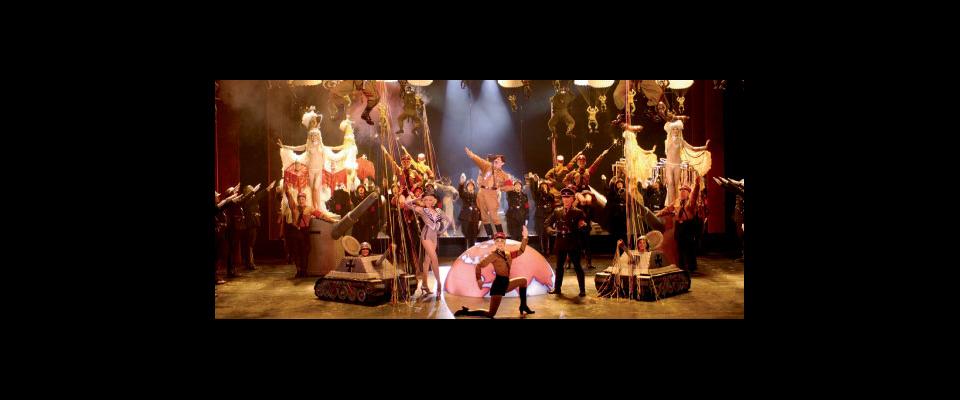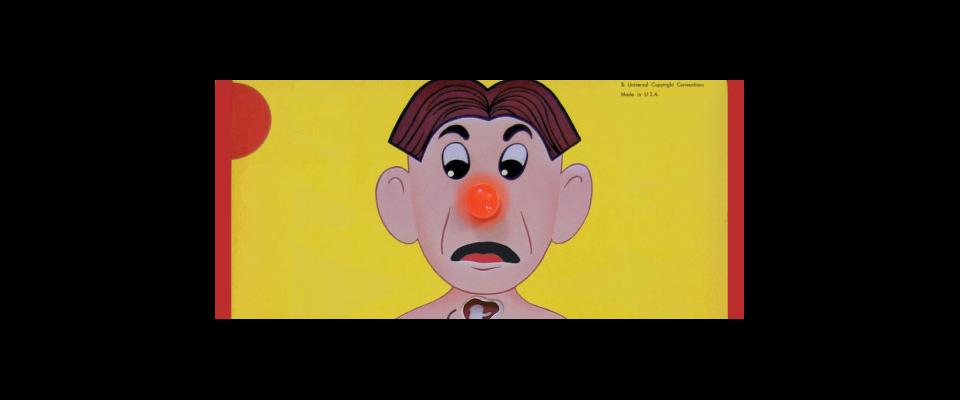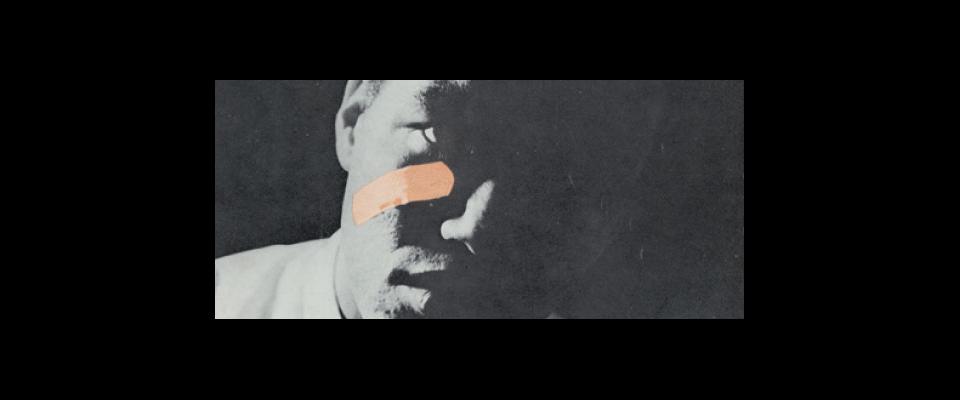The bibliography of Nat Schmulowitz
Every April Fool’s Day, the San Francisco Public Library showcases a rather sizable but little-known archive within its holdings—the Schmulowitz Collection of Wit and Humor, or SCOWAH. It’s said to be one of the largest such assemblages in the world. And though it’s safe to say that few San Franciscans are aware of all this mirth in their midst, fewer still know anything about the man who stockpiled it.
Nat Schmulowitz was an attorney by trade. After graduating from Berkeley in 1910, he worked his way through Hastings law school and ultimately went on to join the defense team that got vaudeville comedian Roscoe “Fatty” Arbuckle off the hook for allegedly raping and murdering a young woman in the St. Francis Hotel. There’s precious little humor in that sordid episode, but there is some irony—the scandal that ruined Arbuckle’s career made Schmulowitz’s. Shortly after that trial, he became a senior partner in his firm, specializing in probate cases instead of criminal ones. Subsequent clients included such highfliers as comic genius Charlie Chaplin and billionaire recluse Howard Hughes.
Whatever else it accomplished, success gave Schmulowitz the time and money needed to indulge his obsessions. He apparently caught the book-collecting bug—the humor strain of it, anyway—while reading Much Ado About Nothing, when his acquisitive instincts were piqued by the Bard’s reference to A Hundred Merry Tales. That 15th-century jest book became the germ of a collection that grew to comprise thousands of titles.
SCOWAH’s rarities include The Facetiae of Poggio, a compendium of jokes, anecdotes, and bons mots compiled by one Poggio Bracciolini, legendary wit and secretary to eight Popes; and various Joe Miller jest books, named for a famous British actor who became synonymous with bad jokes. The collection houses the tales of Nasreddin Hoca, the Turkish philosopher whose brand of humor had something in common with Zen koans: When a traveler found Nasreddin sitting at the riverbank and asked how one got to the other side, Nasreddin answered, “You are on the other side!”
Schmulowitz didn’t just collect humor books; he also published them, including a series of brief historical studies called Anecdota SCOWAH. These were designed as keepsakes for the members of the very exclusive Roxburghe Club, named for an English society of bibliophiles. The first installment, written by Schmulowitz himself, was entitled Epitaphia, and a Precursory Apologia with an Apologue. As the title suggests, it focused on tombstone travesties such as the following:
Here lies Jane Smith, Wife of Thomas Smith, Marble Cutter. This Monument was erected by her husband as a tribute to her memory and a specimen of his work. Monuments of this same style are two hundred and fifty dollars.
Certainly, the most provocative title produced by Schmulowitz, a Jew of Polish descent, was a booklet he published in 1943 called “The Nazi Joke Courts,” about the treatment of political satire under Hitler. In Nazi Germany, it seems, a wisecrack about the Fuhrer was considered an act of treason, and a farmer risked being hanged if he named his horse Adolf.
On April 1, 1947, while members of the Gestapo were being tried in Nuremburg for crimes against humanity, Schmulowitz began parting with his collection, slowly but steadily handing it over to the library. In his will, he provided funds for further acquisitions, and today SCOWAH comprises some 20,000 volumes and more than 160 periodical titles—everything from Krokodil, a Soviet satirical publication that mocked the bourgeoisie, to MAD Magazine, a quintessentially American one that did the same.
Nat Schmulowitz died in 1966, and despite his long affiliation with and affinity for drollery, there is little evidence that he himself had any special talent for making people laugh. More than anything, he held humor to be a virtue, the ramifications of which carried far beyond the fleeting rewards of mere laughter. “A vain man, a frightened man, a bigoted man, or an angry man, cannot laugh at himself or be laughed at,” he once wrote, “but the man who can laugh at himself or be laughed at has taken another step towards the perfect sanity which brings peace on earth and good will toward man.”





















